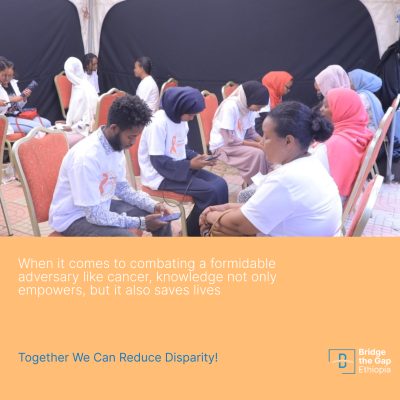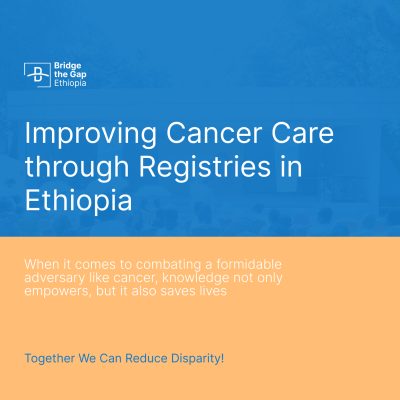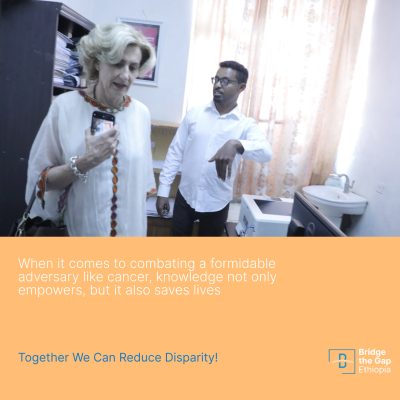Our Projects
At Bridge The Gap Ethiopia, we believe that positive change begins with collective efforts. Together, we can bridge the gap and create a brighter, healthier future for the people of Ethiopia.
Our Projects
Breast Cancer Awareness and Capacity Building
Breast cancer remains a significant health concern for women in Ethiopia, with more than 65% of cancer patients being women, and many cases being detected at advanced stages. Lack of knowledge and resources contributes to the inadequate attention given to cancer care, leading to limited treatment options in hospitals. At Bridge The Gap Ethiopia, we are actively working to change this situation through community-based breast cancer awareness programs. We also conduct capacity-building training for local healthcare professionals to enhance their skills in cancer detection and treatment.
Project Goals:
- Raise awareness about breast cancer within communities
- Reduce the number of deaths caused by breast cancer by 10% each year
- Raise awareness about breast cancer within communities Reduce the number of deaths caused by breast cancer by 10% each year
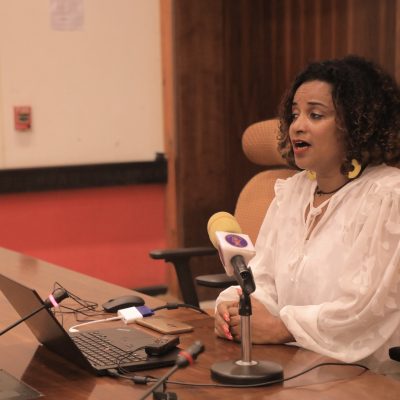
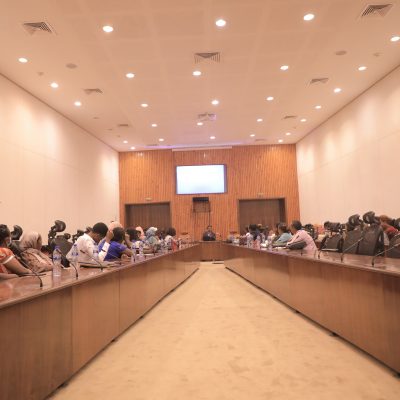
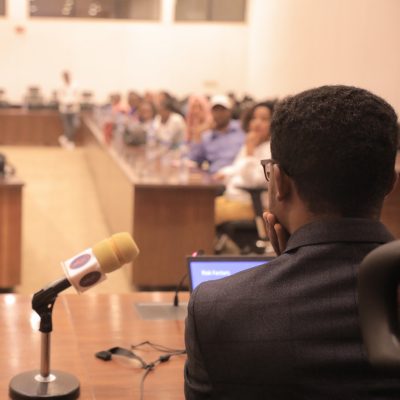
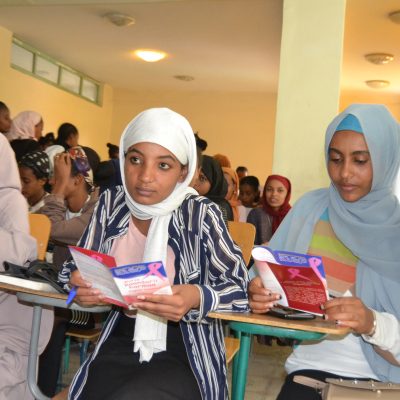
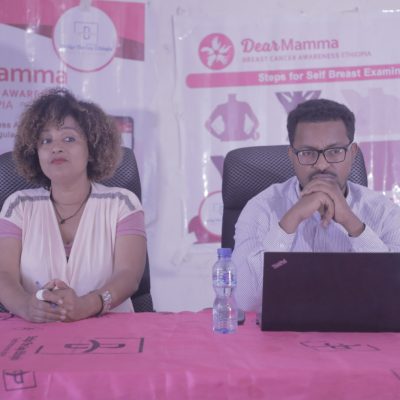
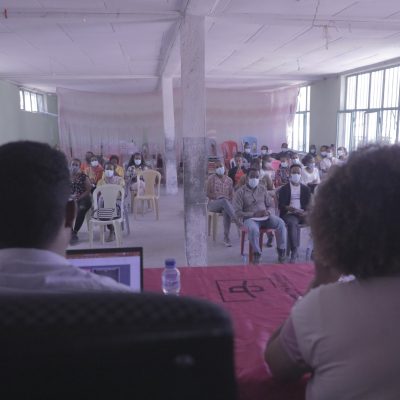
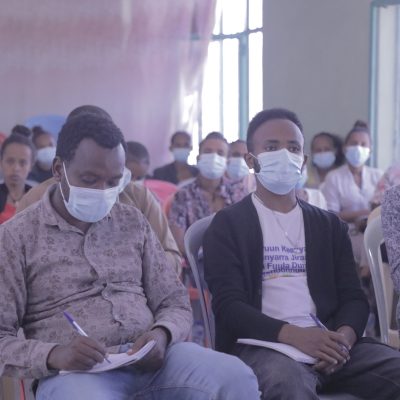
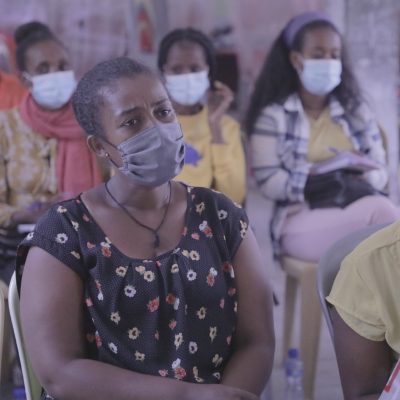
Breast Cancer Patient Psychosocial Support Group
Recognizing the importance of mental health and social well-being in cancer care, Bridge The Gap Ethiopia has established the first-of-its-kind Breast Cancer Patient Psychosocial Support Group in Ethiopia. The support group brings breast cancer patients together in a monthly gathering that follows the traditional coffee ceremony format – a cherished cultural practice. Through these sessions, participants discuss the challenges associated with their cancer journey and share coping strategies. The support group aims to empower patients, instill hope, build a sense of community, and encourage increased engagement in social activities.
Project Goals:
- Improve the psycho-social well-being of breast cancer patients
- Expand this support model to other hospitals in Ethiopia and low-income countries
- Promote economic empowerment of women through strong unity and collaboration
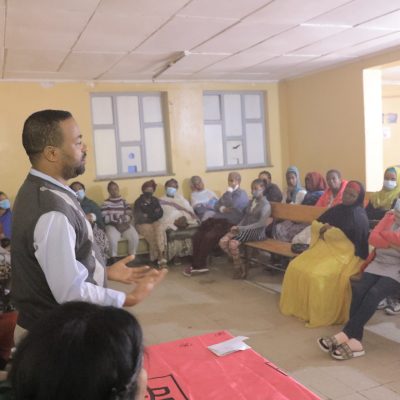
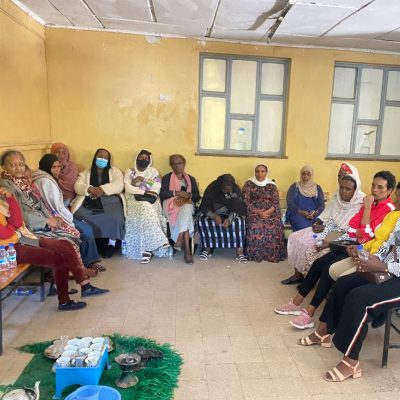
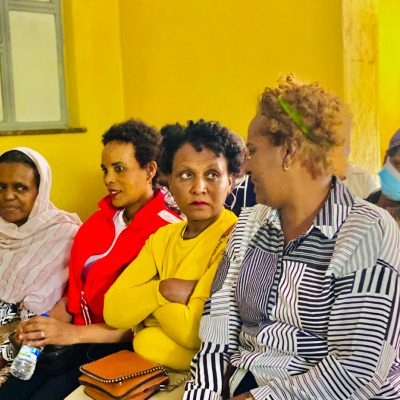
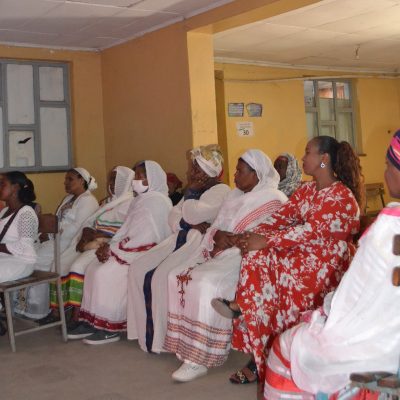
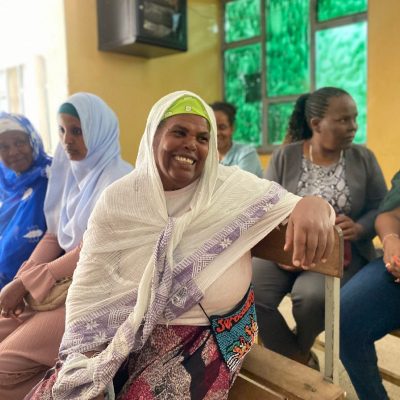
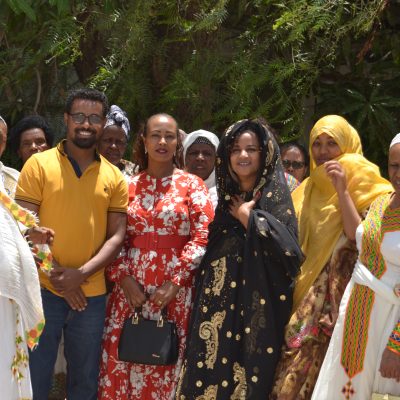
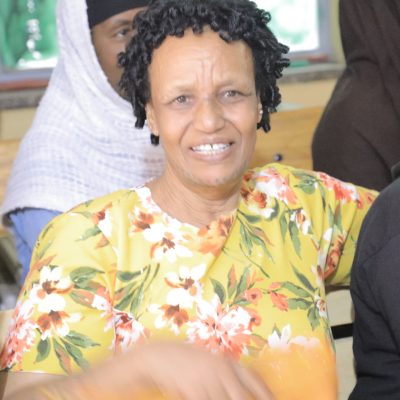
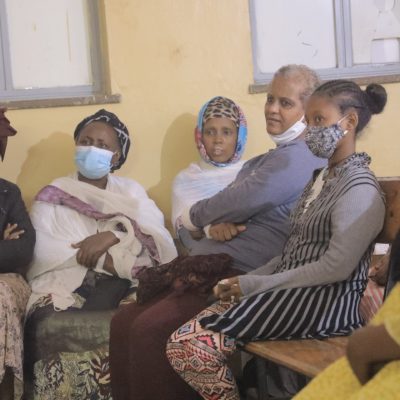
Bridging the Gap: Improving Cancer Care through Registries in Ethiopia
In the realm of healthcare, information is the cornerstone of progress. When it comes to combating a formidable adversary like cancer, knowledge not only empowers, but it also saves lives. Cancer registries, these repositories of valuable data, are stepping into the spotlight as critical tools that offer insights into the trends, prevalence, and impact of cancer within specific populations.
Cancer registries are like a compass guiding us through the complex landscape of cancer. They serve as meticulous record-keepers, meticulously documenting each instance of cancer diagnosis, treatment, and outcome. By analyzing this data, healthcare professionals, researchers, and policymakers can discern patterns, identify risk factors, and tailor interventions for the utmost effectiveness.
There are two primary types of cancer registries: population-based and facility-based. While population-based registries cover the specific geographic regions, offering a comprehensive overview of cancer incidence, facility-based registries focus on specific healthcare facilities. Each type plays a pivotal role in enhancing our understanding of cancer.
In Ethiopia, most of the information about cancer comes from the Addis Ababa City cancer registry. But this might not show the full picture of cancer across the whole country because Ethiopia is so diverse.
To bridge this information gap, Bridge the Gap Ethiopia, has been supporting a facility-based cancer registry at Adama Hospital Medical College Oncology Unit. This hospital serves more than 10 million people! The information they gather will help learn more about cancer in that area. It provides intricate data that can be instrumental in policy formation and resource allocation. It can also act as hubs of real-time information, contributing to better patient care, treatment strategies, and planning for the future.
Even though the registry at Adama Hospital Medical College is a big step forward, the plan is to have a whole-country registry someday. This strategic evolution would provide a panoramic view of cancer's impact across the region, driving even more precise interventions and enhanced care.
The impact of the Adama Hospital Medical College registry doesn't stop at the present. As we speak, numerous research endeavors are underway, harnessing the power of this registry to uncover crucial information. From shaping cancer prevention strategies to refining patient care protocols and optimizing resource utilization, these ongoing research efforts are poised to improve cancer care.
